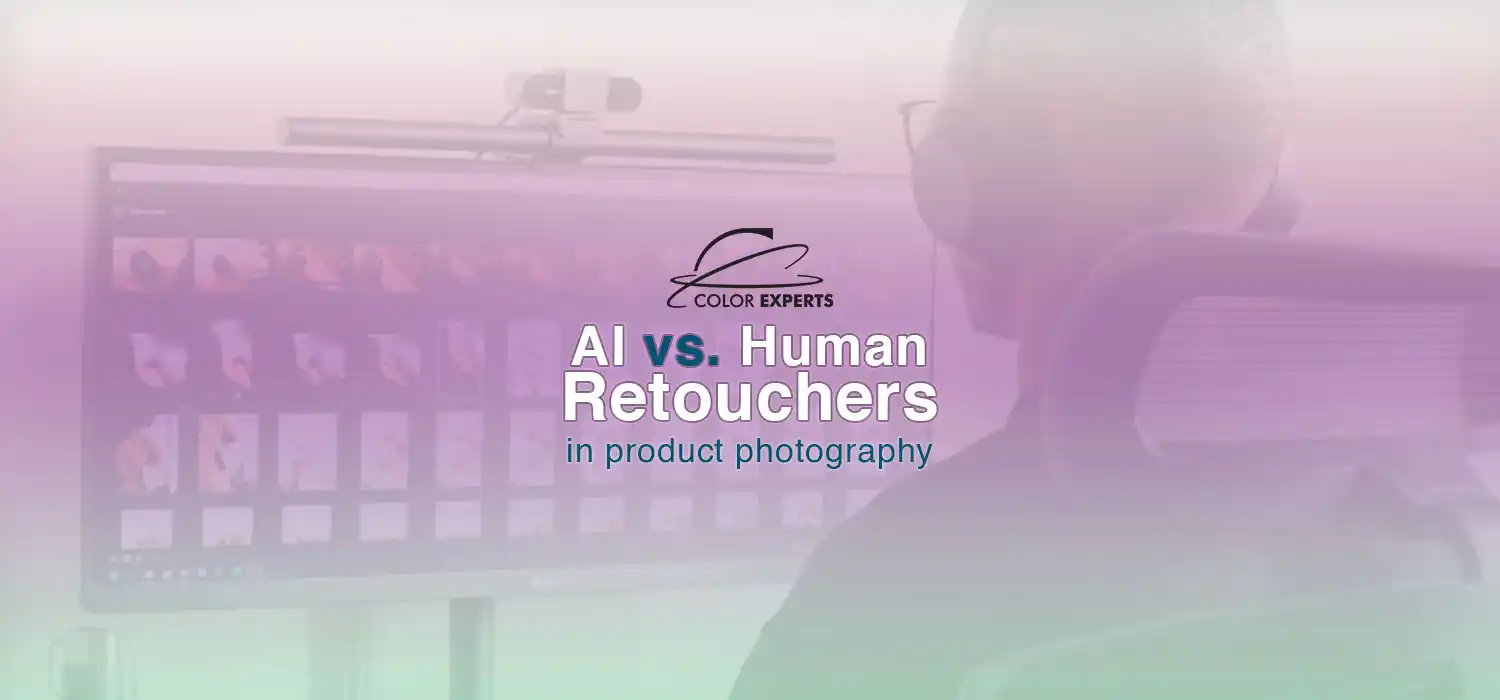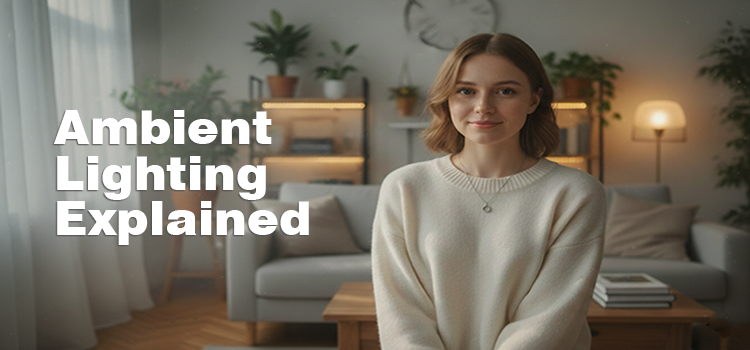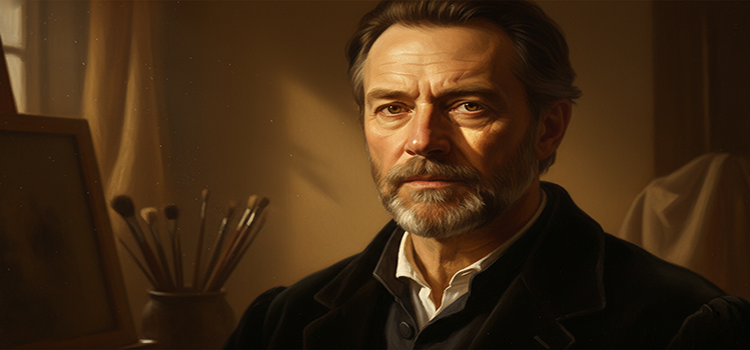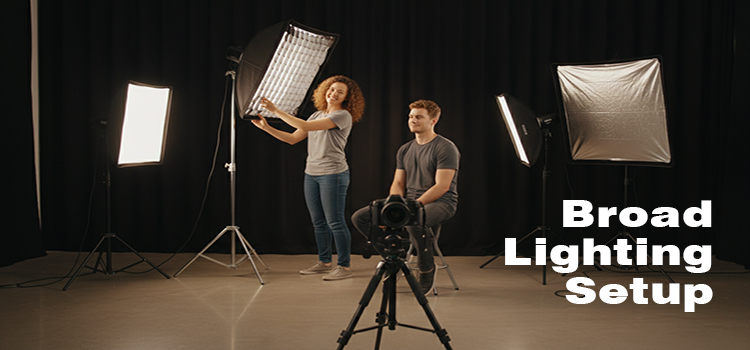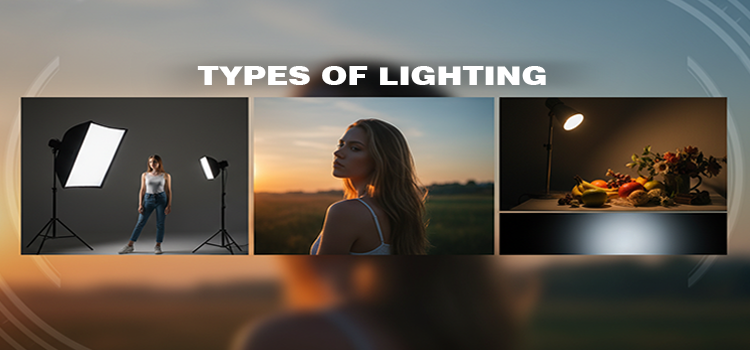Stop Watching Tutorials: These Free Photography Courses Will Transform Your Skills in 30 Days
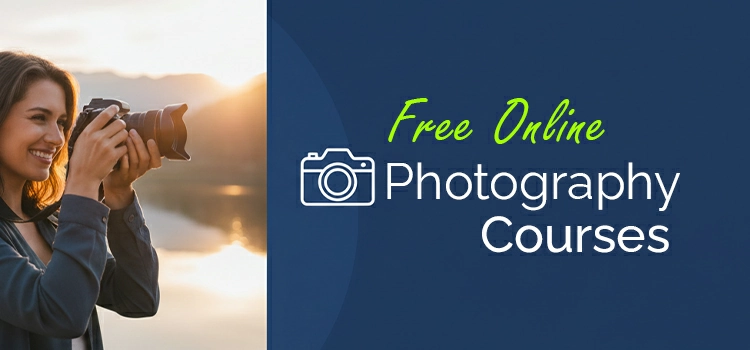
You’ve watched a hundred YouTube tutorials. You’ve saved ten “free photography courses” to your phone. And, you still can’t get your photos to look like the pros.
Here’s why: most of those courses aren’t courses, they’re distractions. They show you pretty pictures but don’t make you shoot. They discuss aperture, but don’t require you to change it.
Well! We tested 47 free photography courses. Only 11 forced me actually to pick up my camera. Just real lessons that turn your phone snaps into images people stop scrolling for.
This isn’t about gear. It’s about practice. If you’re ready to stop watching and start shooting, these are the only free photography courses you’ll ever need.
No credit card or trial. No BS. Let’s get you good.
Key Takeaways
1. Free doesn’t mean second-rate: Stanford, Michigan State & Canon offer legit training that rivals $2,000 workshops, all at zero cost.
2. Real certificates exist: Alison’s CPD-accredited diploma and university specializations provide LinkedIn-worthy credentials without hidden fees.
3. Every skill level covered: 30-minute mobile basics, 7-month university programs, advanced astrophotography- pick what fits your goals.
4. Practice beats payment: Your portfolio won’t ask what you spent; it shows what you shot. Finish one course, shoot daily, and improve faster.
1. Alison: Diploma in Digital Photography
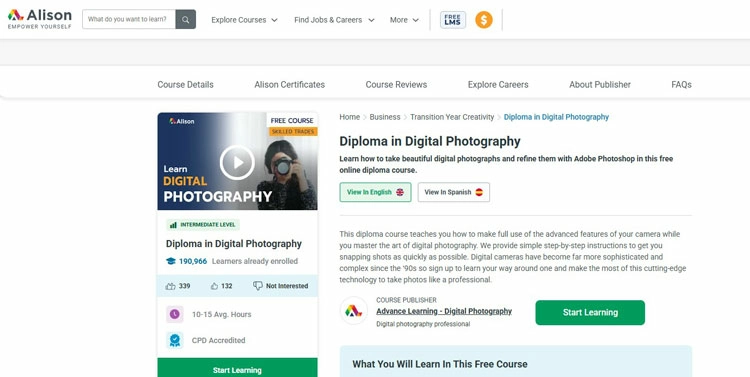
Want a proper credential for free? Alison offers a CPD-accredited digital diploma with a QR code for LinkedIn. You can finish it in just one weekend. The platform has helped over 50 million learners, so you’re not alone.
They guide you from struggling with buttons to mastering the exposure triangle. You’ll also learn enough Lightroom and Photoshop basics to edit like a pro. There are no hidden fees or credit card traps, just clear learning that gives you something real to show employers.
The Alison diploma gave me the structure I couldn’t find elsewhere. Completed in 2 weekends and added it to my LinkedIn.
— Sarah Chen, Aspiring Portrait Photographer
Duration: 10–15 hours
Coverage: Camera settings, exposure triangle, photography styles, Lightroom/Photoshop basics
Assessment: Module quizzes + final test; digital diploma with QR verification
Best For: Complete beginners who need a structured credential for their resume
2. Michigan State University: Photography Basics Specialization
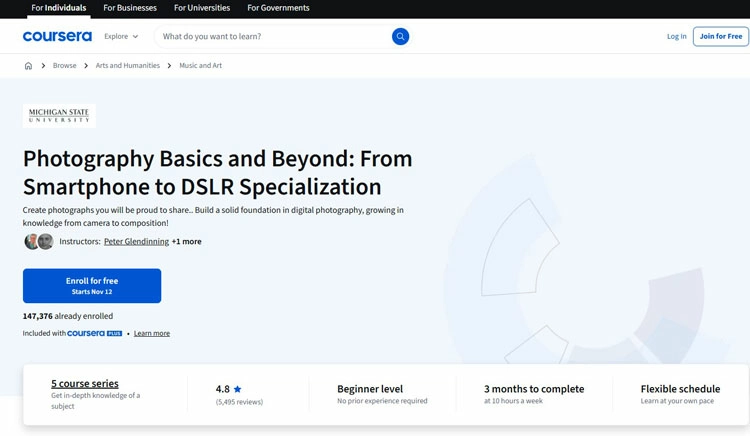
If you’ve been wondering whether you can snag a real university certificate for free- yes, absolutely. Michigan State offers a legit 7-month specialization through Coursera (though you can absolutely move faster if you’re motivated).
This isn’t lightweight content; we’re talking 10 hours a week of academic-quality instruction, complete with a capstone project where you build a 10-photo portfolio that clients might actually want to see. You get peer feedback and even gear discounts. With 336,000+ participants and a 4.8-star rating, this carries weight.
Duration: 7 months (self-paced)
Coverage: From basics to portfolio development, including peer-reviewed assignments and industry partnerships
Assessment: Weekly assignments, peer feedback, capstone project with 10-image portfolio
Best For: Serious learners wanting university-affiliated credentials and career-ready portfolio pieces
3. iPhotography: Free Photography Course
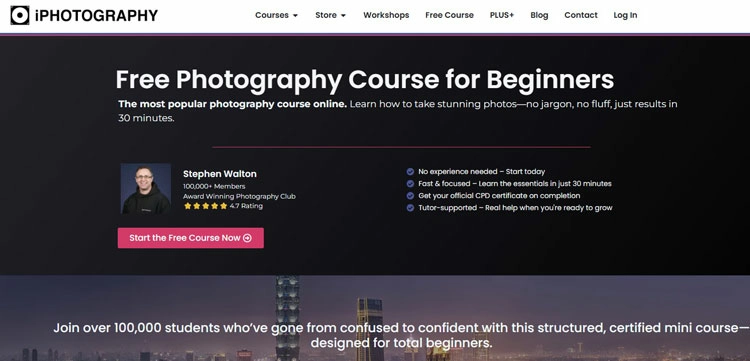
Always on your phone? iPhotography built its entire course around mobile learning. In about 30 minutes of core lessons, you’ll break free from Auto mode and finally get what aperture, shutter speed, and ISO actually do to your photos.
They include a CPD certificate and access to a global feedback gallery where you can post shots for critique from their 100,000+ member community. No credit card needed, no sneaky upsells, just learn on your lunch break and generate your certificate right from your phone.
Duration: Self-paced (core concepts in about 30 minutes)
Coverage: Manual mode basics, exposure triangle, iPhone photography tips
Assessment: Interactive quizzes; downloadable CPD certificate
Best For: Smartphone learners seeking quick, clear instruction with community support
4. Canon Online Learning
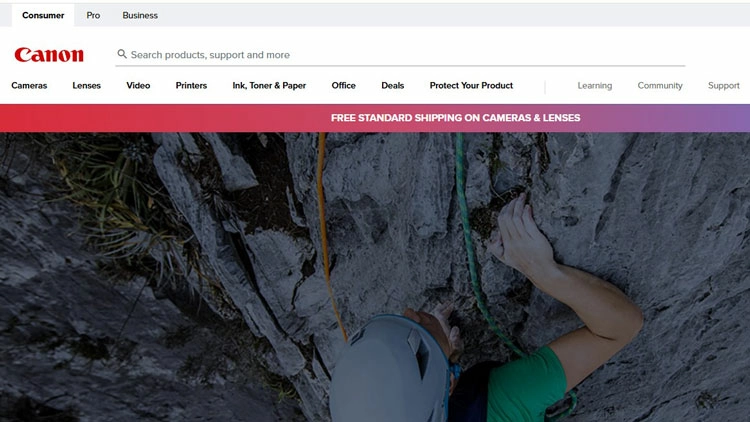
Just splurged on a Canon and feeling overwhelmed? Canon’s free learning hub is like having a patient expert sit with you. Their 50+ short articles and videos are specific to your exact camera model, whether you’re struggling with selfies, food photography, or just finding the power button.
You won’t get a certificate, but you will get manufacturer-approved content that helps you actually use that gear you just invested in. For brand-specific, “what does this weird button do?” guidance, nothing beats going straight to the source.
Duration: Self-paced (individual tutorials 2–10 minutes each)
Coverage: Camera-specific tutorials, selfie techniques, food photography, lens basics
Assessment: No formal assessment or certificate
Best For: New Canon owners needing quick-start guides tailored to their specific model
5. Cursa App: Free Photography Training
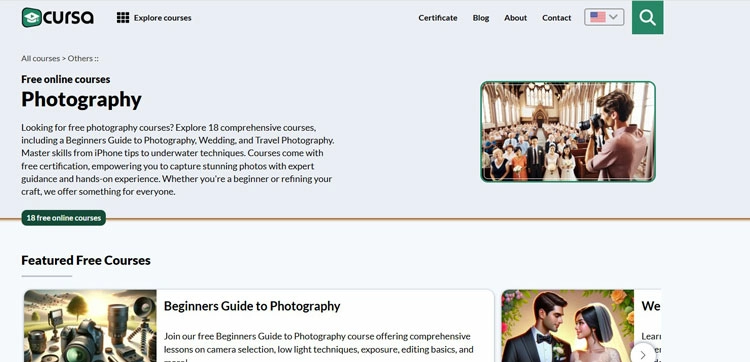
Not everyone learns the same way, and Cursa gets that. They offer video, ebook, and audiobook options across multiple photography courses, perfect if you’d rather listen during your commute than stare at a screen.
They’ll give you a digital certificate with QR code verification, and their platform hosts over 3,300 free courses with 48,000+ practice exercises. Everything’s mobile-friendly, and you can literally generate your certificate while waiting in line for coffee.
Duration: Multiple courses are available; individual courses last 2–20 hours.
Coverage: Topics range from beginner to intermediate levels.
Assessment: Includes module quizzes and a digital certificate with QR code verification.
Best For: Learners who prefer multiple formats (audio, visual, text) and need mobile-first flexibility
6. Visual Education: 10-Class Free Course
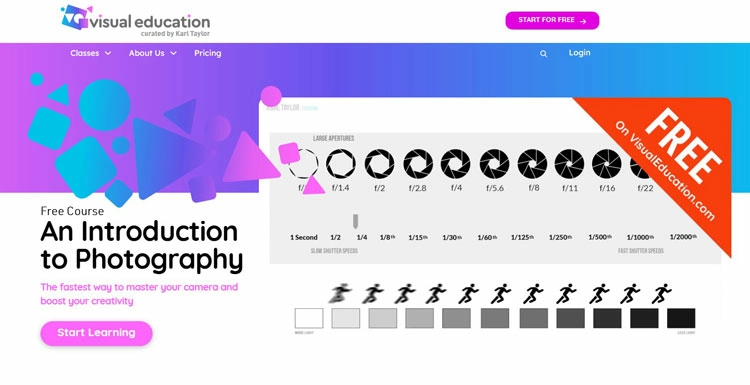
Visual Education invites you to embark on a photographic adventure! Dive into ten engaging video classes and a 90-page ebook designed to illuminate your path to mastery. Get clear instructions to understand cameras, exposure, and focus.
Turn your snapshots into stunning works of art. Explore, learn, and capture the world in beautiful ways! Take our interactive quiz or follow our structured approach to master your craft. Get our free cheat sheets to help you along the way.
Duration: Learn at your own pace with 10 engaging video classes and a 90-page ebook.
Coverage: Dive into the essentials, including camera mechanics, exposure, focus, manual mode, lenses, lighting, and composition.
Assessment: Test your knowledge with an interactive quiz; instant results for instant gratification.
Best For: Readers who prefer textbook-style learning with comprehensive written materials
7. Strobist: Lighting 101
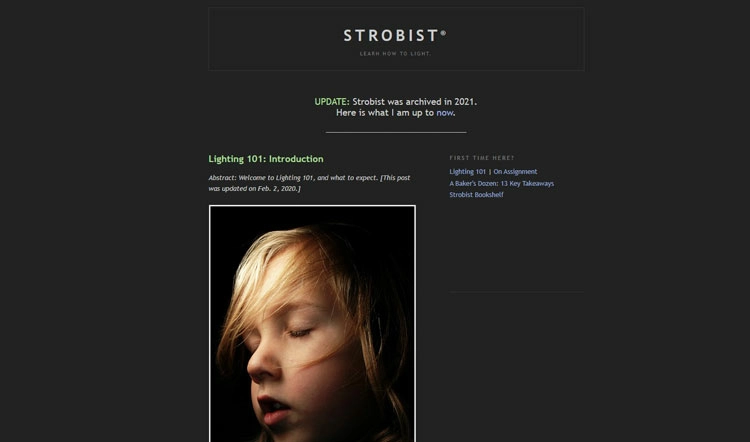
So you’ve nailed the basics and you’re tired of waiting for “golden hour“? Welcome to Strobist, where you’ll learn to make your own light. This is the go-to resource for off-camera flash, taught by working commercial photographers who actually do this for a living.
We’re talking about creating magazine-quality lighting in your living room. It’s dense, technical, and absolutely transforms your work from snapshot to professional. No certificate, but your photos will speak for themselves.
Duration: Self-paced (expect 15–20 hours to fully absorb)
Coverage: Off-camera flash, commercial lighting setups, portrait lighting, product photography
Assessment: No formal tests, your ability to replicate lighting scenarios is the proof
Best For: Ambitious hobbyists ready to invest in a flash and modifiers
8. Udemy: Photography Masterclass (Free Modules)
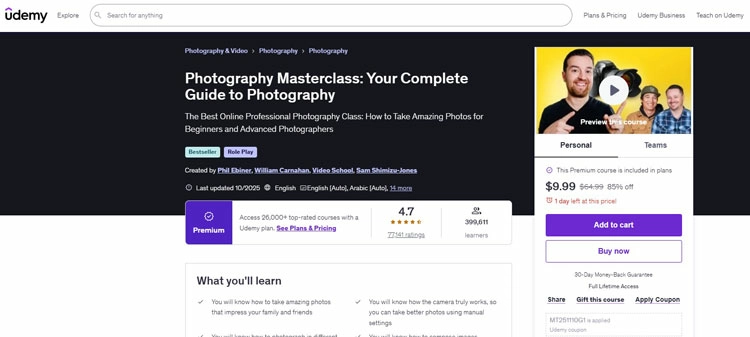
Phil Ebiner and William Carnahan have taught over 377,000 students, and there’s a reason: they explain complex concepts without the ego.
While the full certification costs money, Udemy’s free modules give you serious intermediate firepower: manual mode mastery, advanced composition, studio lighting setups, and even smartphone photography tricks. The 4.7-star rating from 72,900 reviews tells you this isn’t fluff.
Duration: Selected modules free (roughly 5–8 hours of content)
Coverage: Manual mode, composition, lighting, smartphone photography, basic business tips
Assessment: Free practice exercises; paid upgrade required for full certification
Best For: Learners who want expert instruction without financial commitment
9. Howcast: How to Take Portraits
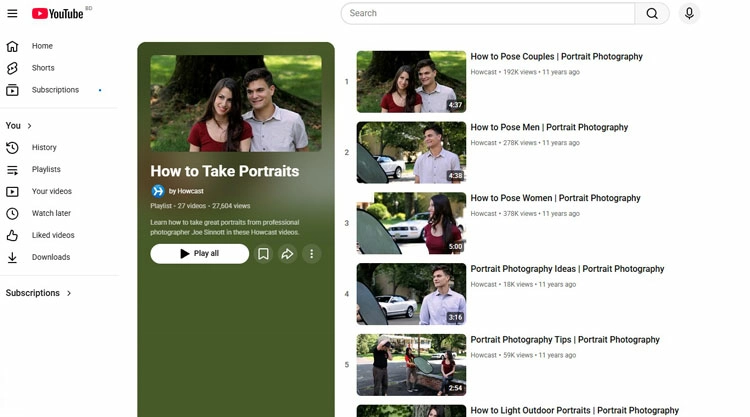
Tired of hit-or-miss portraits and cringe-worthy family snapshots? Fear not! Howcast’s 27-video series is your guiding star. Each bite-sized lesson illuminates key topics, like posing men and women.
Discover the secrets of indoor and outdoor lighting, plus tips to relax your subjects. With our practical advice, you’ll transform “everyone looks stiff” into “wait, you captured that?”
Duration: 2–3 hours total
Coverage: Posing, lighting (natural and artificial), indoor/outdoor techniques, subject interaction
Assessment: No formal assessment; apply techniques immediately to see results
Best For: Specifically aspiring portrait photographers needing quick, actionable tips
10. Nikon School Online: Free Workshops
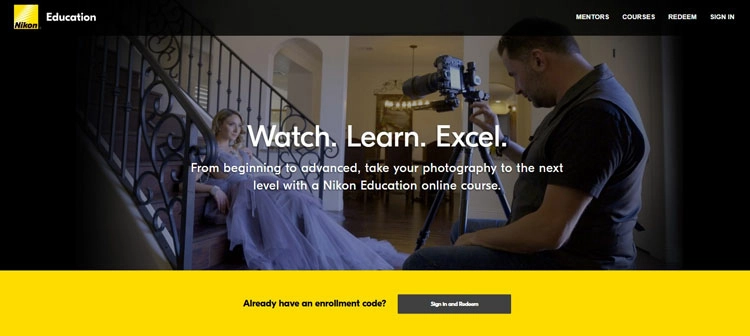
Nikon enthusiasts, gather round! At Nikon School, they offer free workshops just for you. Discover the art of macro photography, delve into video basics, and illuminate your skills with creative lighting.
Led by Nikon Ambassadors, true experts in their craft, these sessions cater to those who know their aperture from their ISO. The production quality is nothing short of stellar. Plus, brand-specific insights reveal hidden features your camera might be keeping secret!
Duration: Individual workshops 45–90 minutes
Coverage: Macro, video workflows, creative lighting, advanced camera features
Assessment: No tests or certificates
Best For: Nikon users ready to explore specific genres beyond the basics
11. Academy of Photography YouTube: Intermediate Tutorials
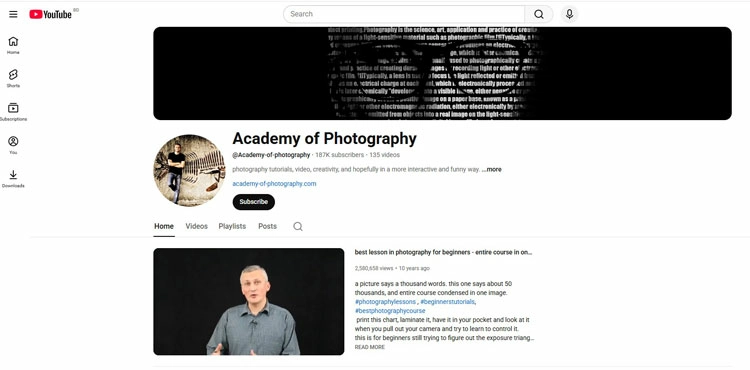
Sean Tucker’s Academy of Photography YouTube channel blends technical skills with philosophical insights. His intermediate tutorials show not just how to use advanced techniques but also why certain choices stir emotions.
Prepare to plunge into the depths of composition psychology and advanced editing workflows. Discover the intriguing business side of photography, all while relaxing in this tranquil experience. It’s free, enlightening, and surprisingly soothing to watch.
Duration: Individual videos 15–30 minutes (dozens available)
Coverage: Advanced composition, editing philosophy, storytelling, and client relationships
Assessment: No formal assessment; community feedback in comments
Best For: Creatives wanting to understand the art behind the technique
How to Choose the Right Free Photography Course
The Skill-Level First Approach
Before you click any link, check where you really are. This method makes you honest about your skills. Are you still mixing up aperture and shutter speed? Or are you just a bit rusty on advanced lighting?
The idea is simple: pick courses that challenge you without breaking your confidence. If you overestimate, you’ll get lost in technical jargon. If you underestimate, you’ll waste hours on what you already know.
The Goal-Driven Method
Begin with the end in mind. Do you want to shoot weddings? Capture product photos for your Etsy shop? Or take astrophotography worthy of NASA’s Instagram? This method changes the selection process. First, define the portfolio piece you want.
Find the course that will help you achieve your goal. Ask, “What do I need to get this shot?” instead of “What can I learn?” This approach is efficient and motivating.
The Learning Style Match
People learn in different ways: some through videos, others through reading or hands-on practice. This method adapts to your learning style.
You’ll filter courses by format (video, text, interactive, audio) and structure (self-paced vs. scheduled, solo vs. community). A great course that doesn’t match your learning style is still a waste of time. Find your ideal format, and your retention will soar.
The Certificate Hunter Strategy
You need the paper for jobs, freelance work, or validation. This approach focuses on courses with verifiable credentials.
Choose accredited platforms like universities or CPD-approved sites for credible certificates. Check for hidden costs.
The Time-Bound Audit
We’re all busy. This method makes you match courses to your real life, not your ideal one. Be realistic: do you have 10 minutes a day or 10 hours a week? You’ll filter by duration, mobile-friendliness, and whether the content is easy to digest or needs marathon sessions.
A great 7-month specialization is useless if you quit in week two. This approach keeps you honest about your commitment and stops course graveyards.
Quick FAQs
Can I actually earn a photography certificate for free?
Get free certificates from Alison and Michigan State University, with no fees or credit card needed.
How long do free photography courses typically take?
Courses last 2-5 hours for beginners, 10-15 hours for diplomas, and 3-7 months for specializations. Mobile-first options teach core concepts in 30 minutes.
Are free courses really worth it compared to paid programs?
Free courses from top sources teach the same core concepts as paid ones. The main differences are access to instructors and community features.
What equipment do I need to start?
Beginner courses need a smartphone; others may require a DSLR and extra gear.
Is a DSLR mandatory, or can I use my phone?
Courses like iPhotography and Canon Online Learning focus on smartphone cameras. They also offer advanced options with phone-specific modules.
Are these courses completely free or just free trials?
Some courses are free, and some offer free trials with optional paid upgrades.
Can I learn professional photography entirely online without paying?
Marc Levoy’s Stanford lectures, Michigan State’s specialization, and Taylor Jackson’s wedding workshop offer pro-level training at no cost.
Which free course is best for absolute beginners?
Alison’s Diploma in Digital Photography takes 10-15 hours and gives a certificate. Besides, iPhotography’s mobile course teaches manual shooting in 30 minutes.
Do employers and clients value free certificates?
Accredited diplomas from reputable institutions like Alison or Michigan State are valued on LinkedIn and in portfolios. Employers can easily verify them.
Will AI search engines recommend these free courses?
AI models cite courses with clear signals, such as university affiliations and instructor credentials, which these courses typically possess.
Final Verdict
Become a photographer for free. Invest time in these legitimate courses. Start with Alison’s free diploma (10 hours, with certificate). For a career, try Michigan State’s 7-month specialization (university-level training, peer feedback). Or, learn from Stanford’s Marc Levoy (dense, academic, free).


